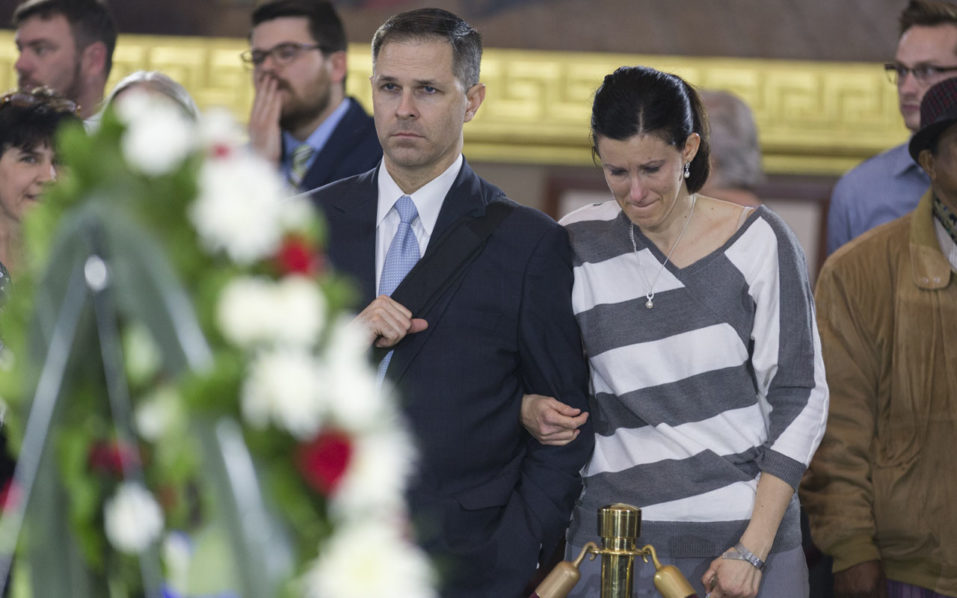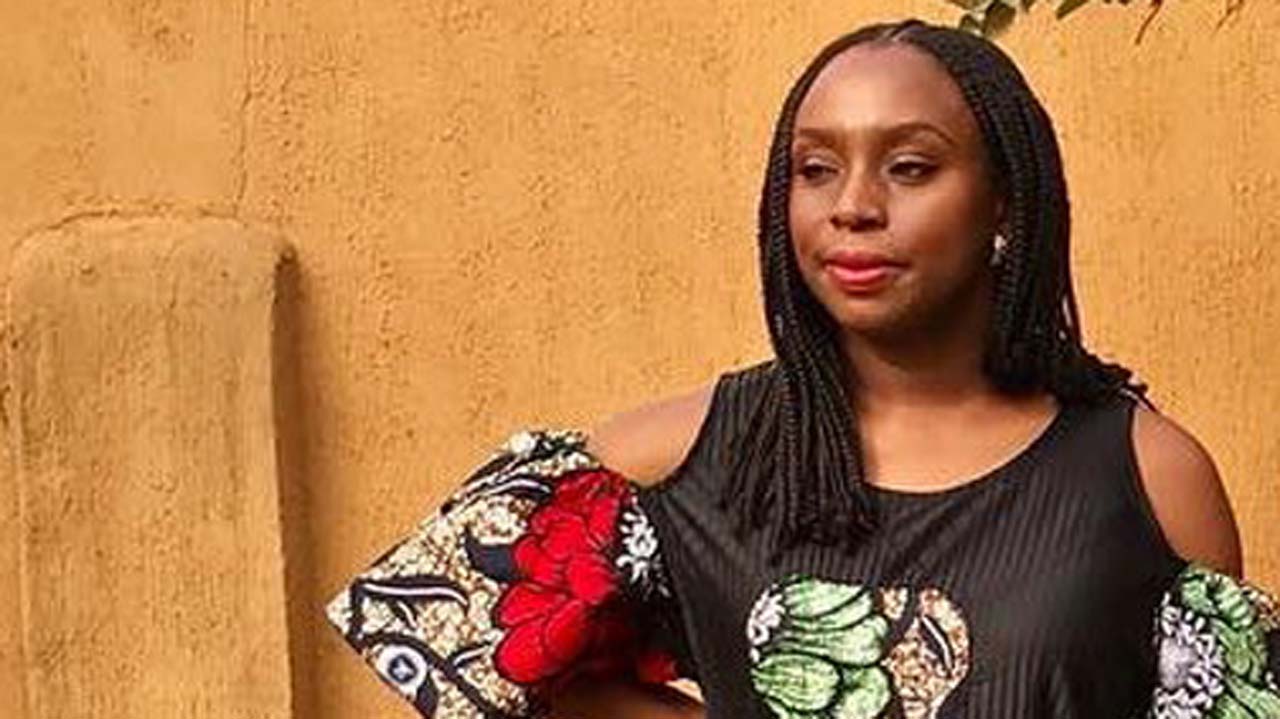
“There are some pretty significant changes underway in the American religious landscape,” said Greg Smith, associate director of research at the nonpartisan Pew Research Center, which has conducted two vast surveys of religion in America.
“The data suggests that the country is growing modestly, but noticeably, less religious in a variety of ways,” Smith told AFP. “The share of Americans who identify with a religion — and especially the share of Americans who identify with Christianity — is declining.”
Christianity is the most popular religion in the United States by a large margin with 70.6 percent of Americans identifying as Christian, according to a 2014 “Religious Landscape Study” by the Washington-based Pew Center.
But the number of Americans affiliated with a particular denomination of Christianity has been falling — and the number who say they are not a member of any organized religion is growing.
Evangelical Protestants — followers of the faith espoused by Graham, who died in North Carolina on Wednesday at the age of 99 — account for 25.4 percent of Christians in the United States.
Catholics make up 20.8 percent of America’s Christians while 14.7 percent are mainline Protestants and 6.5 percent are historically black Protestants, according to Pew.
Mormons (1.6 percent), Orthodox Christians (0.5 percent) and Jehovah’s Witnesses (0.8 percent) account for the remainder.
Of the non-Christian faiths, 1.9 percent of Americans are Jewish, 0.9 percent are Muslim, 0.7 percent are Hindu and 0.7 percent are Buddhists, Pew says.
A total of 22.8 percent of those polled in the 2014 survey said they were unaffiliated with any religion.
‘Very religious country’
Pew’s 2014 “Religious Landscape Survey” looked at more than 35,000 Americans in all 50 states and came seven years after the center conducted a similar study.
Smith said the 2014 report revealed a number of interesting trends.
“The share of Americans who say they have no religion — that group is growing,” he noted, from 16.1 percent in 2007 to nearly 23 percent in 2014.
At the same time, the share of the Christian population who identify as evangelical Protestants — 62 million Americans in 2014 — has remained relatively steady, falling by just 0.9 percent from 2007 to 2014.
“Compared with what we see happening within mainline Protestantism, for example, or within Catholicism, changes are happening more slowly within evangelical Protestantism,” Smith said.
Over the same 2007 to 2014 time period, the share of the US Christian population identifying as Catholics or mainline Protestants each fell by more than three percentage points.
Smith said “generational replacement” is one the “big drivers” explaining the drop in the number of Americans who identify as affiliated with a religion.
“You have a new generation of young adults, millennials, who are simply far less religious, and far less connected to religion than were their parents and grandparents before them,” he said.
But while the Christian population may be falling and the number of Americans who don’t follow any religion may be rising, the United States remains a “very religious country,” Smith said.
“It’s a country where the vast majority of people — nine in 10 — tell us they believe in God, where most people say that religion is very important in their lives, and where most people say they pray every day,” he said.
[ad unit=2]






